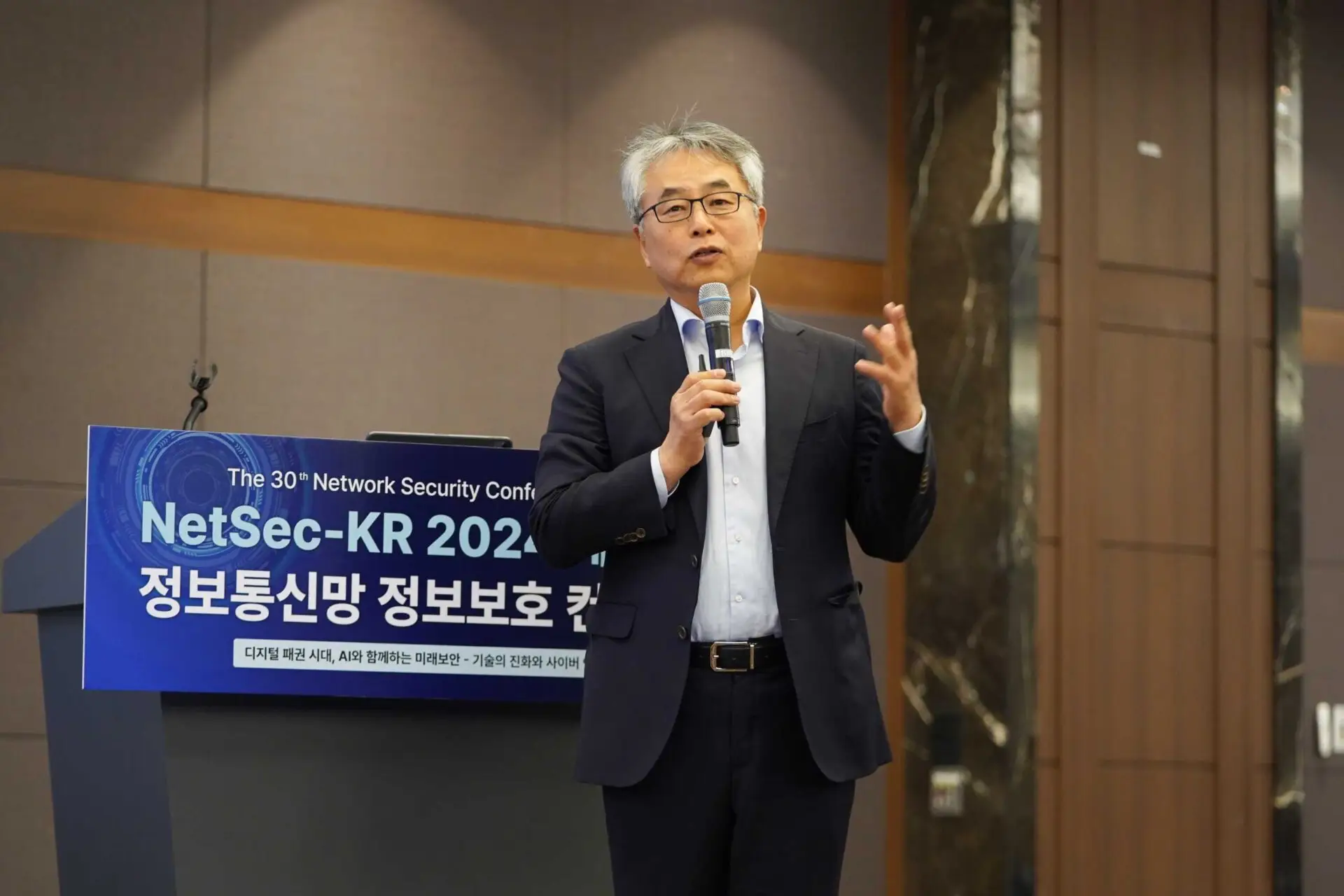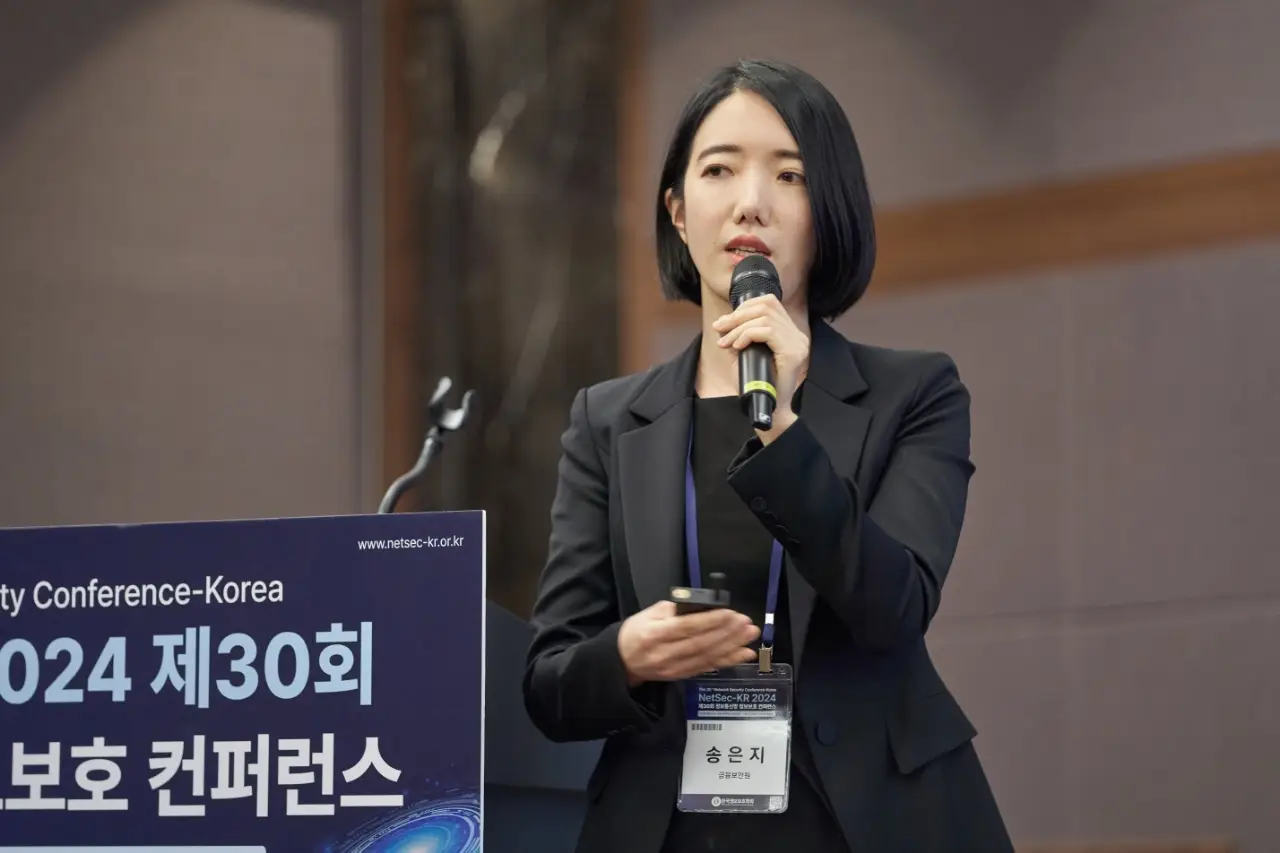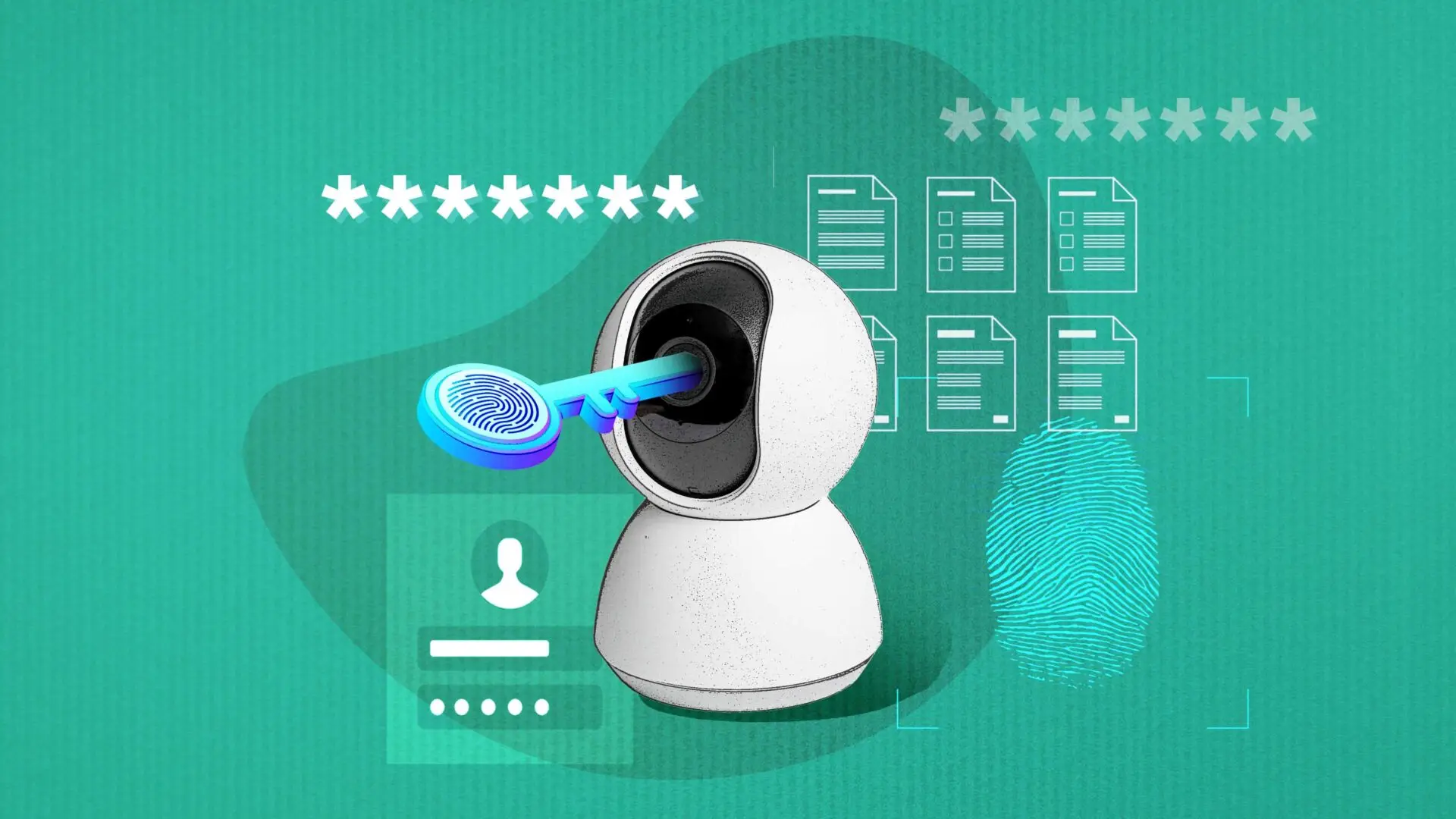“Weekend Briefing” is a weekly newsletter sent to subscribers of The Readable every Friday. Our journalists select important news items from the previous week on topics ranging from privacy to policy development in cybersecurity, all to help you stay abreast of the latest breaking issues. And not only is this provided free of cost to our subscribers, but the briefing contains new content exclusive to subscribers, such as our insightful industrial reports.
Hundreds of individuals from the news industry convened in Kuala Lumpur this week to deliberate on the future of journalism. I attended Digital Media Asia 2024, hosted by the World Association of News Publishers, where I absorbed insights and strategies shared by media pioneers with the audience. As someone tasked with improving journalism in cybersecurity, I am confident that executing this work effectively will attract a larger audience of readers like you.
While I was away, Kuksung Nam and Minkyung Shin covered the 30th Network Security Conference Korea, also known as NetSec-KR 2024. They reported on two crucial topics: the ongoing technology conflict between the United States and China, and the looming threat of cyberattacks fueled by artificial intelligence targeting verification systems. Our reporters also delved into the world’s largest live-fire cyber exercise, Locked Shields, where South Korea and Ireland collaborated as a unified team. Additionally, they highlighted warnings issued by the Financial Security Institute (FSI) and provided updates on privacy policies concerning home security devices.
This is Dain Oh reporting from South Korea, and here is your weekend briefing.
1. Cybersecurity emerges as a critical value in US-China tech war, expert stresses

The tech war between the United States and China has ushered in an era where cybersecurity plays a pivotal role in safeguarding crucial technologies against threats, according to a South Korean security professional speaking on Wednesday.
Professor Ryou Jae-cheol, with the Department of Computer Science & Computer Engineering at Chungnam National University, underscored the evolving landscape of global hegemonic competition during his keynote address at the 30th Network Security Conference Korea (NetSec-KR), hosted by the Korea Institute of Information Security & Cryptology (KIISC) and the Korea Internet & Security Agency (KISA).
Ryou pointed out that while geographical considerations were central to conflicts between nations during the trade wars of the 1950s, the focus has now shifted dramatically to one in which global powers vie for technological dominance. He elaborated on the intense competition between the U.S. and China in the tech sphere, highlighting their efforts to gain the upper hand by advancing state-of-the-art technologies such as sixth-generation wireless networks, artificial intelligence, semiconductors, and quantum computing. READ MORE
2. Expert raises concerns over AI misuse in human verification systems

A South Korean financial security expert voiced concerns on Wednesday about the potential for cyberattacks powered by artificial intelligence to dismantle the barriers designed to distinguish between malicious bot and legitimate human activity.
Song Eun-ji, Principal of Artificial Intelligence Technology at the Financial Security Institute (FSI), addressed the financial security risks posed by AI during her presentation at the 30th Network Security Conference Korea (NetSec-KR) in Seoul. She highlighted various potential threats, such as the creation of phishing websites and the generation of malicious software.
Song emphasized that scammers could exploit AI to automatically circumvent Captcha systems, which are designed to differentiate between human and non-human behavior. She highlighted that advanced AI, such as ChatGPT, is capable of reading and interpreting Captcha challenges. To illustrate this, Song demonstrated a scenario where a user requested a chatbot to read two words generated by a Captcha. The chatbot accurately identified the words as “overlooks” and “inquiry,” indicating the AI’s capability to decipher Captcha challenges. Additionally, Song provided an example where a user asked the chatbot to identify if an image generated by a Captcha system depicted a crosswalk, to which the chatbot correctly responded with “Yes.” READ MORE
3. Financial Security Institute warns online investors of new scam: fraudulent online trading platforms

The Financial Security Institute (FSI) has issued a warning about online fraudsters perpetrating a new financial scam: exploiting simulated online trading and investment platforms to extort money from unsuspecting investors.
On Monday, the FSI, a government-affiliated organization responsible for safeguarding South Korea’s financial integrity, released a report detailing new investment scams that emerged in 2023 involving fraudulent online trading platforms.
According to the report, the scammers utilize fake online and mobile trading platforms to entice potential victims into investing money. They employ social media channels, such as chat rooms and YouTube live streaming, to promote what is known as a fraudulent Home Trading System, or HTS. To hook targets, the scammers promote fictional investment success stories, falsely claiming that current clients have already earned substantial profits through their trading systems, suggesting that the same is possible for others. READ MORE
4. South Korea joins NATO cyber defense exercise with Ireland

South Korea is poised to participate in the world’s largest live-fire cyber defense exercise, scheduled to span five days starting April 22. This marks the country’s fourth consecutive year of participation, during which it will collaborate with Ireland as a joint team.
On Monday, the National Intelligence Service (NIS) announced that South Korea will participate in the international cybersecurity defense exercise known as Locked Shields. The team will comprise approximately 80 individuals from 11 organizations, including the military, the Ministry of Unification, and the National Security Research Institute (NSR). South Korea has been involved in Locked Shields since 2021, with approximately 60 individuals from both the private and public sectors having participated in the cyber exercise last year.
Since 2010, Locked Shields has been held annually and organized by the NATO Cooperative Cyber Defense Center of Excellence (CCDCOE), with the goal of strengthening defensive cooperation among member states. In this year’s cyber exercise, approximately 4000 experts from over 40 countries are anticipated to collaborate within a simulated environment, tasked with safeguarding the infrastructure of a fictional nation-state. The NATO cyber defense group stated that participants will encounter challenges mirroring the complexity of real-world cyber threats. READ MORE
5. South Korea issues first privacy friendly certificate on digital device

The South Korean government has granted approval to a home security camera as the country’s first privacy-friendly digital device, heralding the introduction of a new privacy-centered certification into the country’s market.
On April 21, the Personal Information Protection Commission (PIPC) and the Korea Internet & Security Agency (KISA) announced that they had issued the first Privacy by Design (PbD) certification for a home security camera product called “CAPS Inner Guard.” Additionally, a personal image de-identification system will receive certification once the manufacturers complete minor adjustments based on feedback. The issuance of this additional certification is anticipated in August.
The PIPC and KISA have been assessing four candidates since last year as their inaugural attempt at implementing the new certification. This effort aims to assist consumers in identifying products built with data protection at their core. According to an online survey conducted by two South Korean consumer associations in 2022, over 88% of participants expressed concern about data breaches stemming from internet-connected devices, including identification devices, surveillance cameras, and smart home applications. READ MORE
More stories this week…
6. [Reuters] North Korea hacking teams hack South Korea defence contractors
7. [CNN] 4 Iranians charged in scheme to hack US agencies and defense contractors
8. [Time] Philippines says ‘foreign actor’ behind deepfake of Marcos urging combat With China
9. [CBS News] UnitedHealth paid ransom after massive Change Healthcare cyberattack
10. [Cisco] ArcaneDoor: New espionage-focused campaign found targeting perimeter network devices


